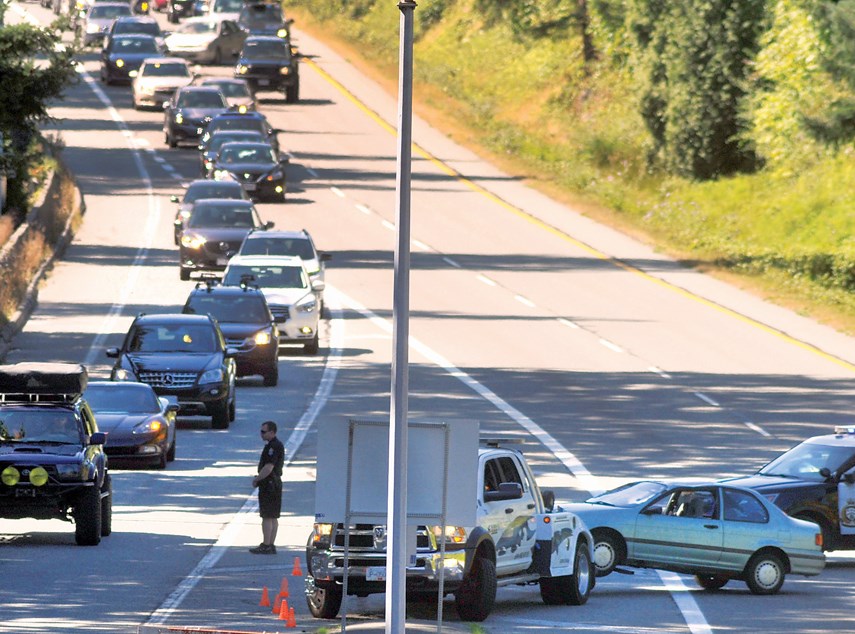Dear Editor:
My collision industry colleagues and I do not know if we should laugh or cry at the comments reported in the North Shore News article NDP Steers ICBC Property Away From Possible Sale, Sept. 14 news story. Rather than getting emotional, let me spell out some facts.
The average cost of repair in British Columbia is roughly $800 less than the Canadian average.
Industry will agree repair cost is on the rise across North America but this is because of design changes made by the vehicle manufactures. Manufacturers need to make these changes to maintain markets share while meeting more strict fuel economy and safety standards. Modern vehicles are simply more expensive to repair. Our industry is not “running up the tab” as implied in the above mentioned article. Industry often sites the change in the cost of a new headlight as an example. A 1980s headlight cost about $6 to replace but a modern headlight can cost as much as $7,000 for the part, plus installation and then the vehicle’s computer needs recoding.
The B.C. collision industry is currently unsustainable due to the current compensation model. Industry wages are far below competing fields. Our industry is challenged to keep pace with the above mentioned changes in vehicle construction while trying to recruit new staff and keep our productive ones.
B.C. collision shops are allowed to bill roughly half of what a dealership charges to work on the same vehicle, so who has the competitive advantage? The free market has the advantage.
ICBC operates like no other insurance company, mainly because its only shareholder (any B.C. government of the day) has used it as both an ATM and political pawn since 1974. ICBC operates differently than literally every other insurance company and has many expensive provincial obligations that have nothing to do with insurance. Of course there are two sides but it feels like industry is subsidizing the government rather than “racking up the bill.”
In every other First World county, the elected government helps small business when it is suppressed by a monopoly, but in British Columbia, the collision industry (as well as glass, auto rental and towing) seems to have absolutely no support from government. It is enough to make you laugh, and cry. Mostly cry.
The collision industry is committed to consumer safety.
Wade Bartok
North Vancouver
What are your thoughts? Send us a letter via email by clicking here or post a comment below.



